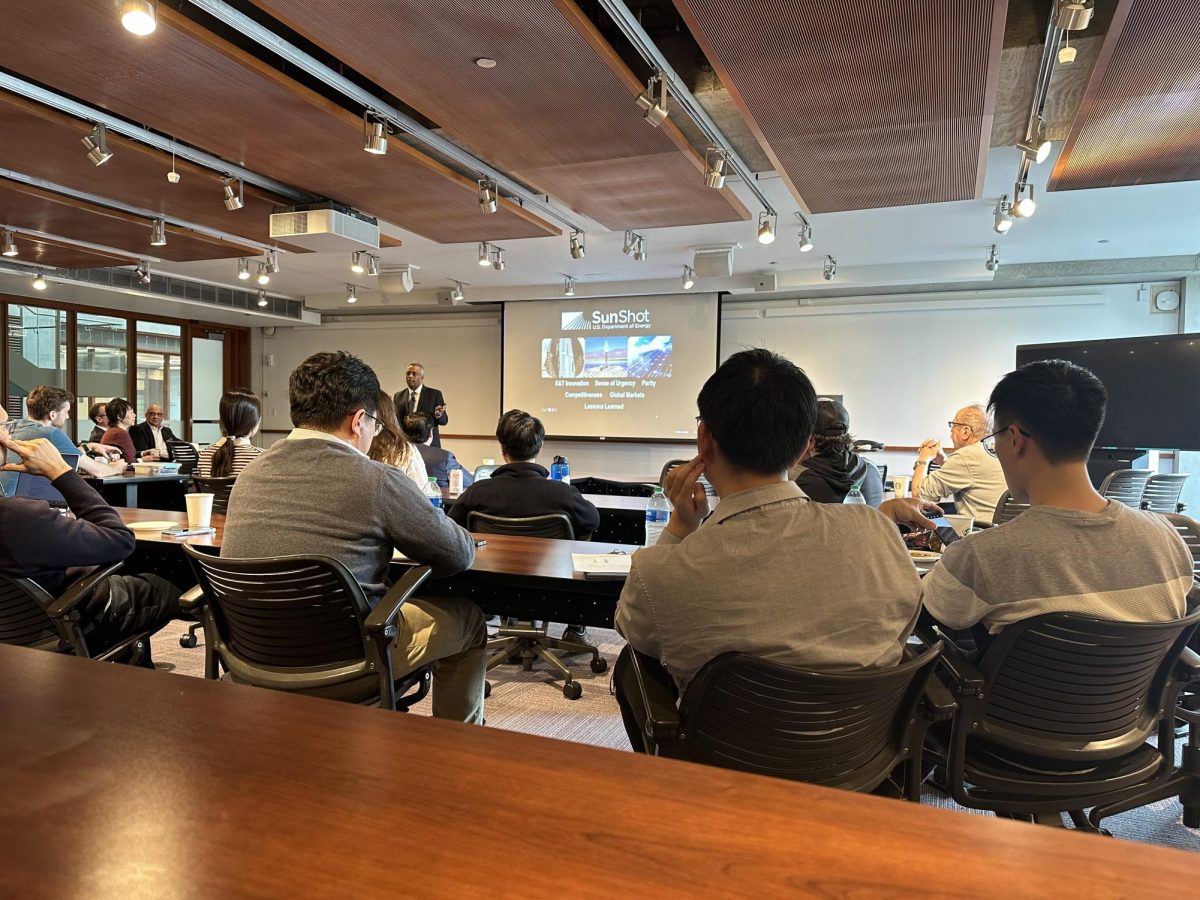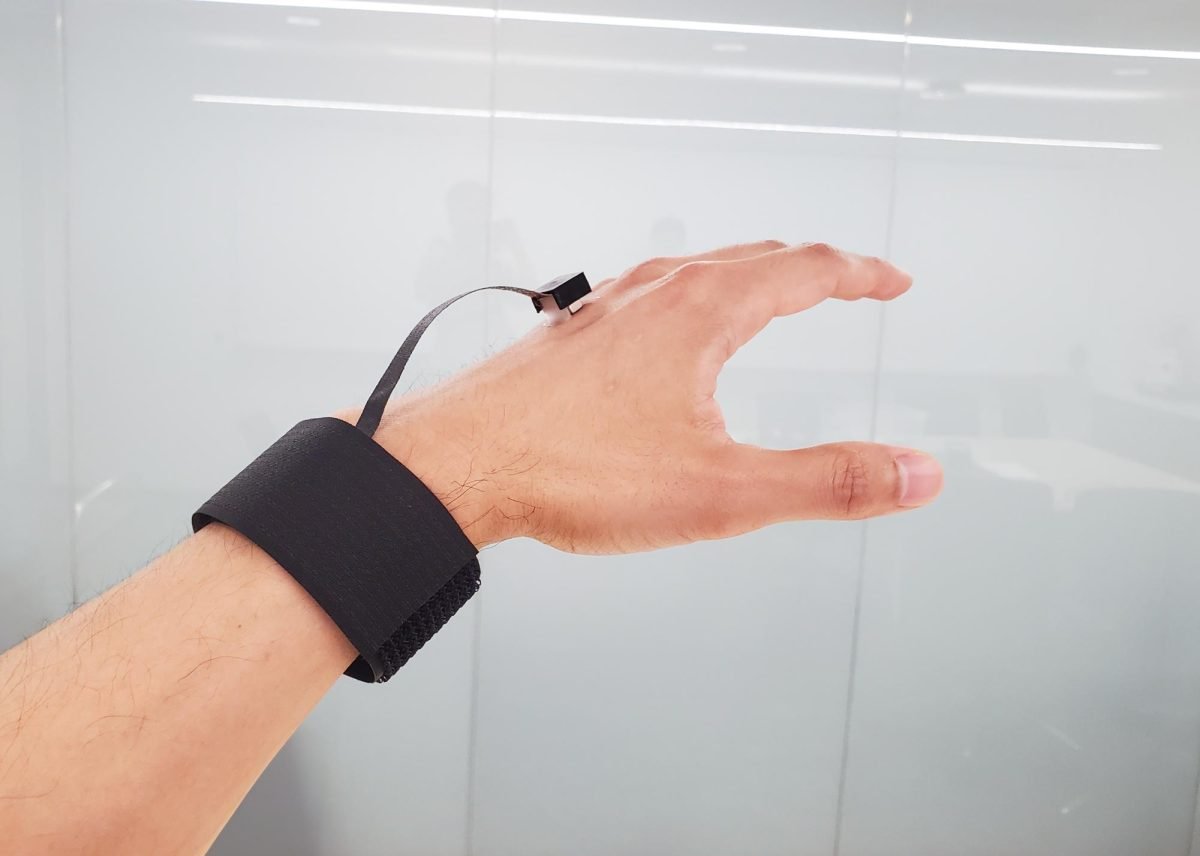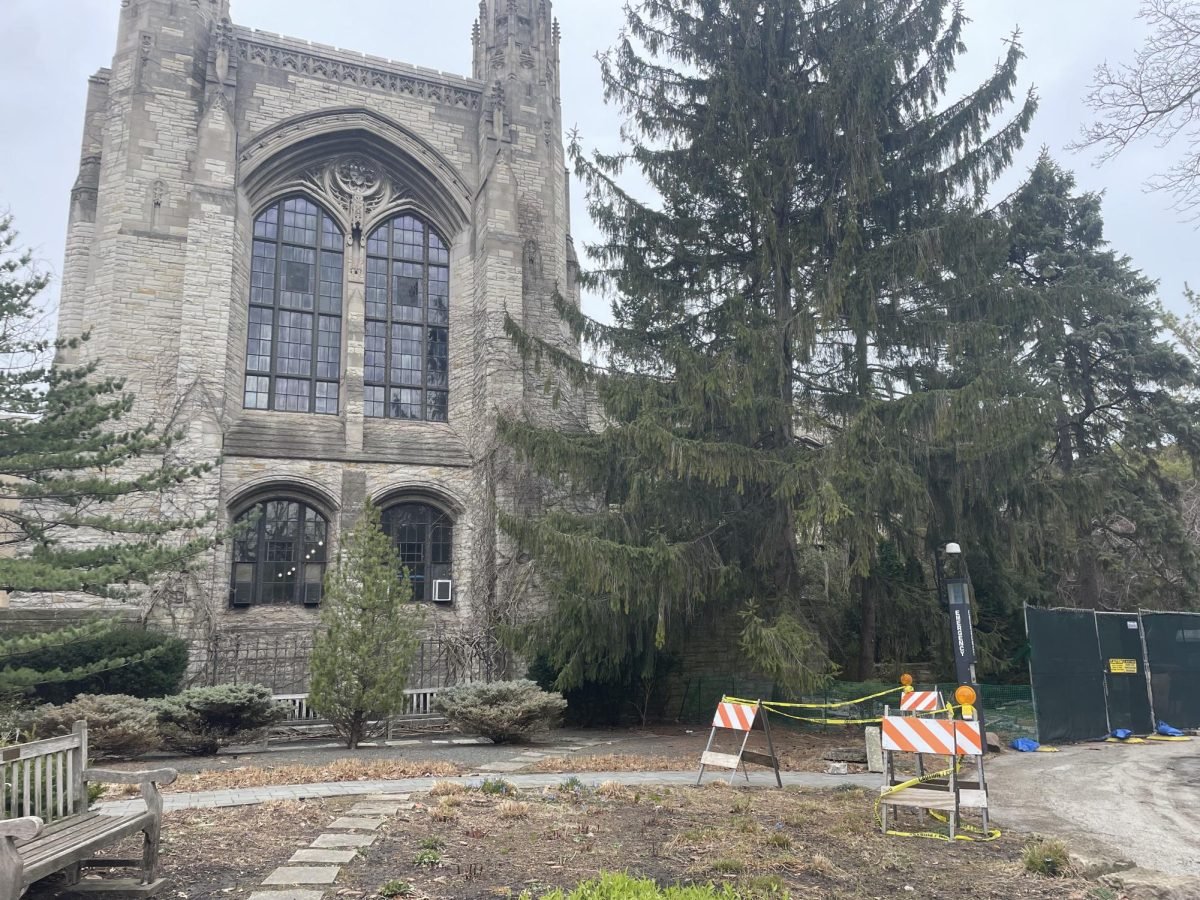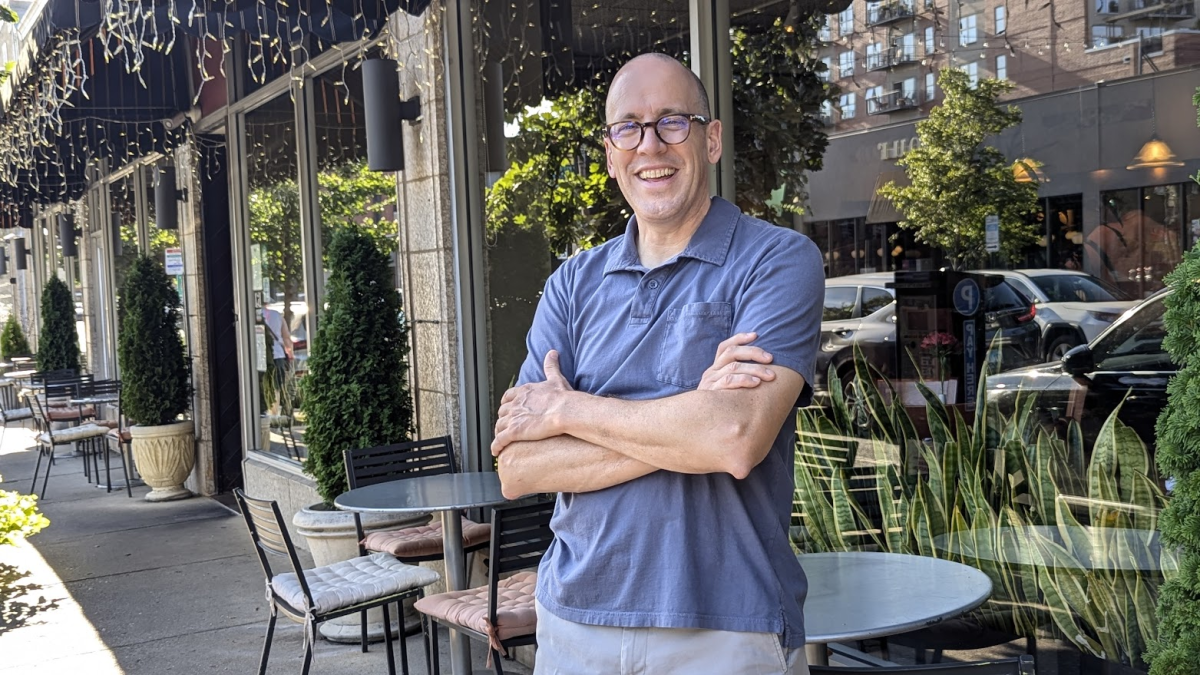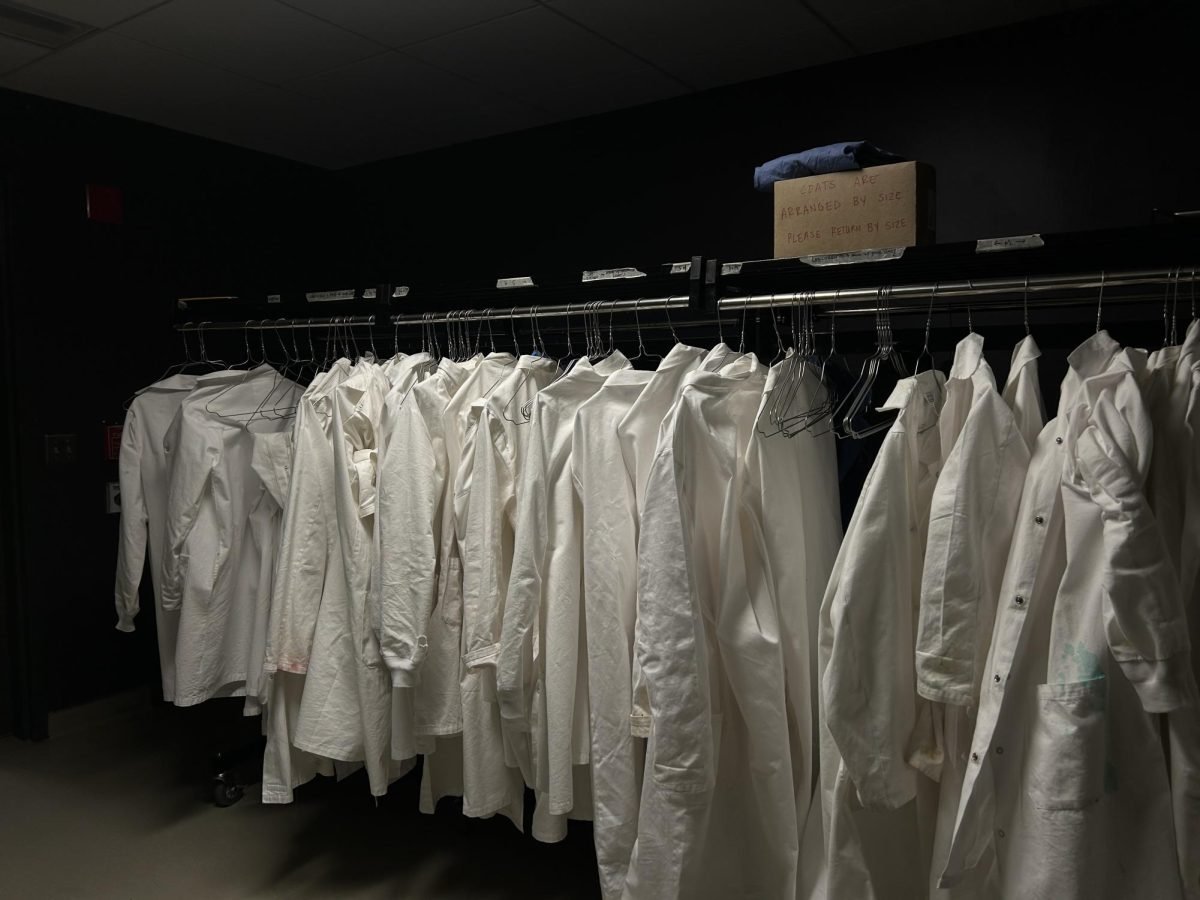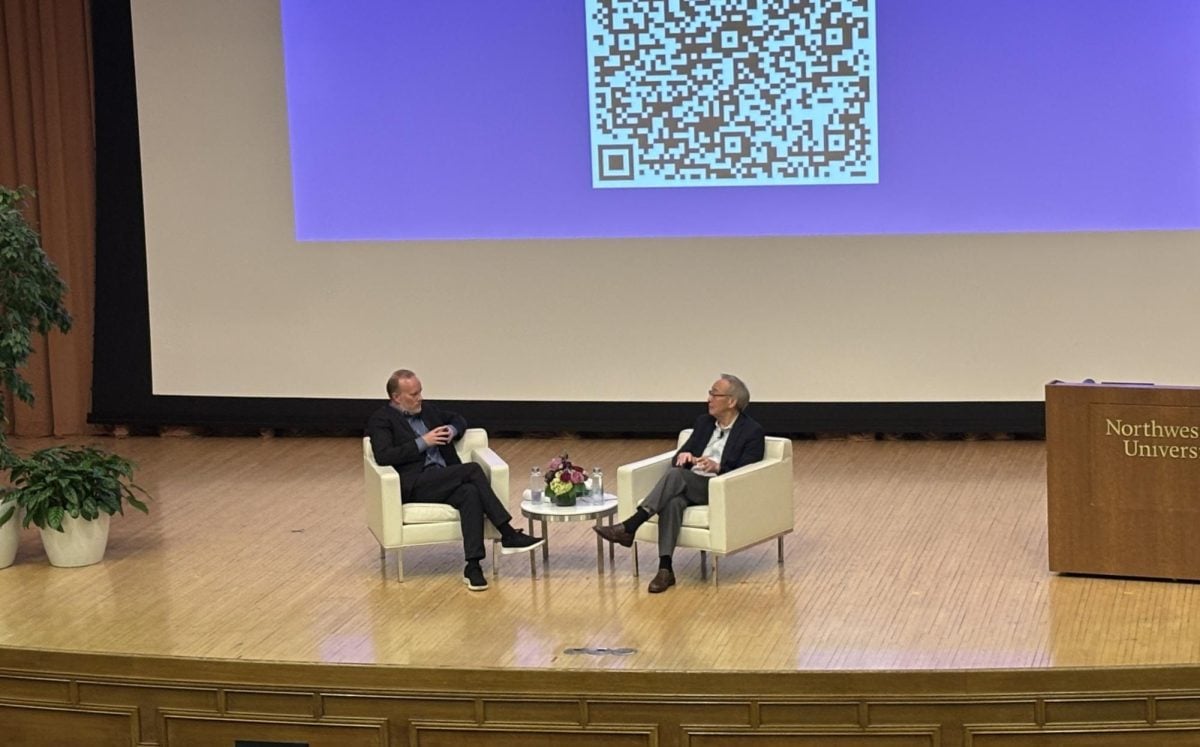When members of the Northwestern academic community sat down in the Ford Motor Company Engineering Design Center Wednesday afternoon for the 10th Achenbach Lecture, they were met with a warning: energy demand is increasing exponentially, and we’re struggling to keep up.
According to this year’s Achenbach Lecturer, Rice University Prof. Ramamoorthy Ramesh, quantum mechanics could be the solution.
The Achenbach lecture was started in 2013 in honor of renowned McCormick Prof. Jan D. Achenbach, who passed away in 2020. He became a member of NU faculty in 1963 and taught as both a mechanical engineering and civil and environmental engineering professor.
“Each year, the United States president selects just a handful (of people) to receive the National Medal of Science or the National Medal of Technology,” Huang said. “It’s extremely rare for someone to receive both. In the entire history of the United States, there have been no more than three people receiving (both of) those awards. Achenbach was one of them.”
Achenbach pioneered the field of applied mechanics, improving the detection of cracks and corrosion in aircraft to advance air safety. He also founded NU’s Center for Quality Engineering and Failure Prevention, which focuses on quality control in structural mechanics.
“(Achenbach) was a giant in science and engineering,” said McCormick Prof. Yonggang Huang, who hosted the lecture.
Ramesh opened his Wednesday talk with a slide titled, “Energy: The Final Frontier” — a reference not just to Star Trek, but also to rising concerns around exponentially increasing energy demands due to artificial intelligence, machine learning and other technologies.
Discussing new materials and approaches enabled by quantum mechanics, Ramesh said more energy-efficient computing could soon become a reality.
“(Ramesh) has done groundbreaking work in energy,” Huang said. “If someone published one paper in (their) lifetime it’s already a big achievement. But he has published two every single year. This technology is very successful and is able to save a lot of energy.”
Ramesh is the founding director of the Department of Energy SunShot Initiative, a program that aims to reduce the cost of solar electricity, putting it on par with other energy sources like natural gas and coal. Ramesh said the SunShot Initiative was created to mirror the momentous Moonshot program, which prompted NASA’s moon mission.
He joined the Biden-Harris agency review team for the DOE in November 2020, and his work helped reduce the cost of solar energy. But Ramesh said the team has made some mistakes.
The cost for solar electricity in 2010 was about 27 cents per kilowatt hour, according to Ramesh. As a product of the program’s goal, the cost has dropped to two cents today. However, tackling this macroscale market came at a cost.
“For example, by the time that we started (in 2020), all manufacturing had left the United States. 90% of manufacturing solar panels is happening in China. Therefore, the United States lost the battle. That’s still a problem.”
He said the second mistake was not focusing on energy storage — a critical concern in solar energy due to its variability. As opposed to conventional fossil fuel energy sources, solar output can be affected by environmental conditions such as dust, cloud cover or snow.
Other countries, specifically France and Germany, have been using policies such as freedom tariffs to reduce the cost of solar energy, Ramesh said. But the DOE wants to focus on a more sustainable approach — one backed by evolving science and technology rather than policy.
“If there’s one thing you can take away today, it’s the notion of a sense of urgency,” Ramesh said.
Ramesh also touched on the new DOE Energy Earthshots Initiative, a framework to attack climate change by accelerating clean energy technology.
He said the computing industry has seen a revolutionary increase in energy efficiency by 100 times around every 25 years — first from vacuum tubes to bipolar transistors, and then to complementary metal-oxide semiconductors. He said quantum materials and mechanics could now enable this anticipated transition by moving beyond the constraints of traditional transistors.
McCormick freshman Gautham Anne said listening to the lecture as an undergraduate was eye-opening.
“I don’t have much experience yet regarding material science, but being able to look towards the future (with Ramesh’s research) is powerful,” Anne said.
Email: noracollins2025@u.northwestern.edu
Twitter: @noracollins02
Related Stories:
— Northwestern and UChicago launch new science and math institute
— Christopher Schuh named McCormick School of Engineering Dean
